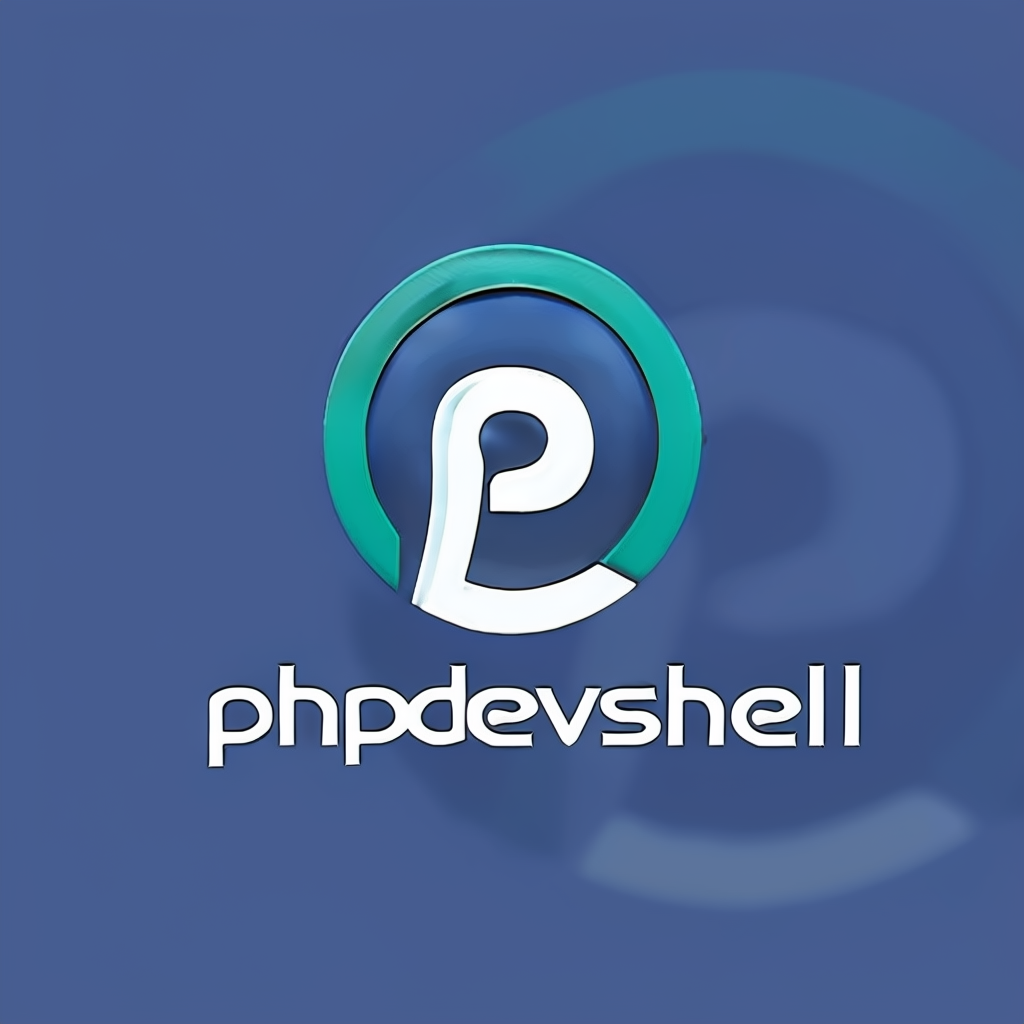Hiring a CRM automation specialist transforms how businesses manage customer relationships. Their expertise streamlines marketing efforts, enhances personalization, and boosts lead conversion through tailored automation strategies. By integrating advanced tools and AI-driven insights, they increase efficiency and align sales and marketing goals—delivering measurable growth and competitive advantage in today’s fast-paced digital environment.
The Essential Role of a CRM Automation Specialist in Modern Business
CRM Consulting involves key responsibilities like designing and managing automation workflows, analyzing CRM data, and integrating systems. Their role is vital in streamlining marketing and sales processes, ensuring personalized customer journeys, and enhancing overall efficiency.
In parallel : Unlock business potential with generative ai workshops for transformation
Automation reduces manual tasks, improves lead management, and fosters consistent customer engagement—cornerstones of modern strategies. Skilled specialists utilize platforms like HubSpot, Pardot, and Microsoft Dynamics to implement automation tactics that boost productivity and sales pipeline accuracy.
By leveraging data-driven insights, they optimize customer retention and support real-time syncing across channels. The benefits of CRM automation experts extend to cost savings, improved ROI, and faster response times, aligning digital marketing efforts with sales objectives.
Also to see : Effective corporate web design: boost your brand's authority
Hiring a CRM automation consultant or specialist can elevate a company’s CRM effectiveness. This ensures businesses stay competitive in increasingly automated landscapes.
Key Skills and Qualifications for CRM Automation Specialists
Technical Skills and Software Proficiency
A CRM automation expert brings deep expertise in platforms like HubSpot, Pardot, and Salesforce. Mastery of marketing automation specialist skills such as automating sales processes and using workflow automation tools for CRM is critical. Candidates must demonstrate hands-on experience with integration tools like Zapier and APIs, pivotal for CRM workflow optimization and data-driven sales automation. Proficiency in automating email marketing campaigns, automating lead scoring, and automating customer segmentation enables seamless CRM software configuration. These core technical abilities help in reducing manual tasks in CRM, ultimately boosting sales productivity with CRM tools.
Analytical and Strategic Skills
CRM automation expert roles demand advanced CRM data analysis with automation, crucial for improving lead management with automation and enhancing customer lifecycle management automation. Designing personalized customer journeys and leveraging customer engagement automation tactics support automating customer follow-ups and automated reporting in CRM. A strategic mindset is integral for CRM automation best practices, troubleshooting automation workflows, and adapting automated customer re-engagement strategies, further advancing CRM automation career path and skills development.
Certifications and Educational Background
Most professionals secure degrees in marketing, IT, or business to solidify their background. Earning certificates in platforms like HubSpot or Pardot, or taking marketing automation specialist course offerings, proves indispensable for hiring a CRM automation consultant. Continuous professional growth is achieved through CRM automation specialist training and tracking CRM automation technology trends, preparing specialists for evolving CRM automation expert roles.
Typical Responsibilities and Daily Tasks of a CRM Automation Specialist
A CRM automation expert manages workflows that automate sales processes, streamline email marketing, and boost productivity. By leveraging the benefits of CRM automation experts, companies enhance customer engagement and reduce manual tasks in CRM operations. A key responsibility is developing and launching sales funnel automation strategies—these maximize efficiency and lead management by mapping customer journeys and designing triggers that automate follow-ups.
Campaign design and execution is central to the role. CRM automation expert roles focus on automating email marketing campaigns, segmentation, and customer engagement automation tactics. Specialists use cross-channel marketing automation tools for improved lead nurturing and personalized customer journeys. Automating sales processes ensures timely and tailored communications, supporting both acquisition and retention.
Data analysis and campaign optimization define another priority. CRM automation expert roles cover monitoring automated campaign performance, conducting A/B testing, and applying CRM data analysis with automation to optimize results. Automated reporting in CRM and data-driven sales automation empower consultants to refine workflows and showcase the ROI of CRM automation implementation.
Collaboration and software management round out the daily routine. CRM automation expert roles involve collaborating with teams on CRM software configuration, troubleshooting automation workflows, and integrating sales, marketing, and IT tasks. Ensuring GDPR compliance demonstrates a commitment to security, while automating customer segmentation—orchestrated through cloud-based CRM automation—delivers smarter, faster sales and service experiences.
How Businesses Benefit from Hiring a CRM Automation Specialist
Increased Efficiency and Time Savings
A CRM automation expert enhances operations by automating sales processes and reducing manual tasks in CRM, immediately boosting productivity. By implementing advanced workflow automation tools for CRM, companies experience quicker team response, streamlined automating email marketing campaigns, and improved customer engagement automation tactics. Sales team collaboration automation ensures resources are available for higher-value activities, allowing businesses to respond to inquiries and automate customer follow-ups rapidly.
Improved Lead Management and Customer Insights
Hiring a CRM automation consultant refines your improving lead management with automation and sharpens CRM data analysis with automation. Automating lead scoring helps with customer segmentation, enabling personalized customer journeys and targeted nurturing. By integrating CRM with marketing tools and employing data-driven sales automation, businesses gain access to real-time CRM data syncing for better insights. Enhanced customer lifecycle management automation affords advanced automating customer segmentation and monitoring automated campaigns performance for tailored experiences.
Revenue Growth and Sales Productivity
A marketing automation specialist’s skills drive revenue by boosting sales productivity with CRM tools and building automation-driven upselling and cross-selling opportunities. Sales pipeline automation benefits result from CRM workflow optimization, event-triggered CRM actions, and automating contract management. Through automating sales processes and cloud-based CRM automation, businesses implement sales funnel automation strategies, leading to increased conversion rates and cost savings from CRM automation. AI in CRM automation and combining AI and CRM automation for smarter sales further strengthen competitive advantage.
Best Practices for Hiring and Collaborating with a CRM Automation Specialist
Defining Clear Job Requirements and Expectations
Start by specifying the crm automation expert roles and outline tasks that address the benefits of CRM automation experts. Detail which platforms, such as HubSpot, Salesforce, or Zendesk, the candidate must know, and clarify if experience in automating sales processes for e-commerce, SaaS, or B2B industries is expected. Define the customer relationship management automation advantages to target, such as reducing manual tasks in CRM and improving lead management with automation. Link expectations directly to strategic business goals and measurable KPIs.
Evaluating Candidates’ Technical and Analytical Skills
Assess the marketing automation specialist skills by reviewing past projects that highlight CRM workflow optimization and automating email marketing campaigns. Ask for a portfolio showing experience in automating customer follow-ups or sales funnel automation strategies. Add practical assessments that simulate real scenarios, such as automating lead scoring, CRM data analysis with automation, or designing automated reporting in CRM. Focus on candidates skilled in creating automation workflows in CRM and improving customer retention through automation.
Ensuring Effective Integration and Support
Prioritize integration of CRM with marketing tools and data-driven sales automation practices. Support ongoing training teams on CRM automation, emphasizing cross-channel marketing automation and the benefits of CRM automation for small business or enterprises. Foster regular feedback cycles, troubleshooting automation workflows, and collaborative efforts to maximize ROI of CRM automation implementation.
Future Trends and Technologies in CRM Automation
Incorporation of AI and Machine Learning
AI in CRM automation is set to raise industry standards by enabling smarter automation triggering and more advanced predictive analytics. Using these tools, CRM automation experts focus on leveraging artificial intelligence for personalized customer journeys, automating lead scoring, and customizing CRM automation rules to fit dynamic business needs. This is reshaping how organizations are improving lead management with automation while ensuring campaigns adapt in real time for higher sales effectiveness and customer satisfaction.
As CRM workflow optimization evolves, marketing automation specialist skills increasingly involve analyzing CRM data and applying machine learning for ongoing workflow automation tools for CRM, enhancing results across every touchpoint. Automating sales processes becomes faster and more accurate, with AI-driven segmentation and content tailored for each stage in the customer lifecycle.
Automation Across Multiple Channels
Multi-channel CRM automation is emerging as a game-changer. By syncing CRM with social media platforms and activating customer engagement automation tactics across email, chatbots, and other channels, businesses ensure seamless customer experiences. Real-time CRM data syncing and event-triggered CRM actions keep all platforms interconnected, reducing manual tasks in CRM and maximizing the benefits of CRM automation for small business and enterprise solutions.
Security and Compliance Considerations
With these advancements, CRM automation security considerations are critical. Adhering to GDPR compliance and automating customer data governance become non-negotiable priorities. CRM automation experts lead regular audits and implement secure workflow design, balancing innovation with privacy protection and trust.
Key Roles and Expertise of CRM Automation Specialists
CRM automation expert roles center on optimizing sales and marketing functions, ensuring seamless customer relationship management automation advantages. A CRM automation specialist requires mastery in marketing automation specialist skills such as designing workflows, automating email marketing campaigns, and improving lead management with automation. Their responsibilities extend to CRM workflow optimization, reducing manual tasks in CRM, and developing effective sales funnel automation strategies.
Specialists lead efforts to automate personalized customer journeys, employing CRM data analysis with automation to tailor interactions and enhance client experience. Expertise also includes automating customer follow-ups, configuring CRM software, and automating lead scoring for more accurate targeting. Improving customer retention through automation happens by integrating marketing tools and orchestrating customer engagement automation tactics across channels.
Advanced skills—like integrating AI in CRM automation and deploying cloud-based CRM automation—allow for real-time data syncing and automated reporting in CRM, driving productivity. Ongoing tasks involve troubleshooting automation workflows, training teams on new tools, and customizing CRM automation rules to address unique business needs. Mastery of these competencies leads to higher sales productivity and measurable benefits, such as improved marketing ROI tracking automation and better sales forecasting using data-driven insights.










